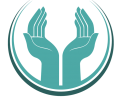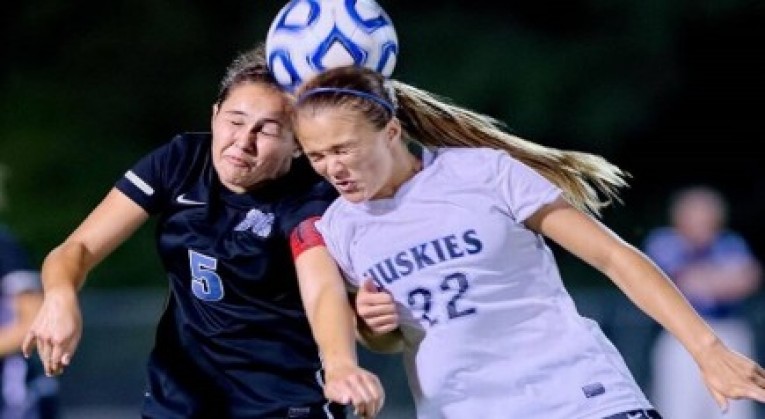Concussion affects millions of people globally every year. Concussion injuries can affect anyone, they are not just for elite sportspeople but also for children and adults alike.
Often, a concussion or mild traumatic brain injury eludes easy detection and requires complex treatment strategies for recovery. Some symptoms may appear immediately after the trauma, while others may be delayed, appearing days or weeks later.
The effects of a concussion can impact a person’s whole life including school and work performance, the ability to complete everyday tasks and make decisions, as well as to interact socially and maintain healthy relationships.
Recovery can be a challenge, when symptoms take longer than expected to clear up. Eagerness to return to work, sport, school or normal activities can make the recovery frustrating. Receiving Osteopathic treatment for your concussion, can get back to the things you love sooner rather than later.
What is a concussion?
Concussion, also known as mild traumatic brain injury (mTBI), is typically defined as a head injury that temporarily affects brain function. A concussion is not always caused by a direct hit to the head. It may be caused by a direct hit to the head, face, neck, or elsewhere on the body with an ‘impulse’ force transmitted to the head. Only 10% of concussions present with a loss of consciousness. Concussion symptoms can be temporary or persist for weeks or months. Some common symptoms are:
- headaches
- neck pain
- dizziness/nausea
- anxiety/depression
- fatigue
- blurred vision/fogginess
- trouble with concentration/memory
- balance problems
- mood changes
- sleep disturbances
- sensitivity to light/noise
Sport-related concussion
Whether you play Rugby, Basketball or Football, concussion is a common occurrence within many sports. Members of the player's family and wider community (parents, coaches, teammates, sporting organisations) have an important role to play in recognising the signs and symptoms of concussion.
RECOGNISE, REMOVE, REFER, RECOVER & RETURN
New Zealand Football (NZF) have recently released updated Concussion and Head Injury guidelines to provide best practice guidance on the identification and management of concussion
- Recognise: When a possible concussion or head injury occurs, it is important to act immediately. The most important step is the early identification of a concussion.
- Remove: A player should be removed from play immediately if a concussion is suspected. A player should never return to play on the day of a concussive injury.
- Refer: Players suspected of suffering from a concussion must have an assessment with a qualified medical professional for confirmation or exclusion of a concussion and consideration of other diagnoses.
- Rest: Relative rest for 24-48 hours (including screen use). Strong evidence supports the benefits of aerobic exercise at a level that does not aggravate symptoms.
- Return: Return to work or school must also be achieved prior to return to play. Player's must complete a minimum period of 21 days away from full competition.
The Role of Osteopathy and treatment of Concussion
Osteopathy provides an active, hands-on approach to healing. Our hands-on treatment techniques directed at the head and neck can help with promoting circulation, calming the nervous system and relieving symptoms of concussion.
- Cervical Spine & Cranial Therapy – Relieves tension in the neck and skull, improving blood flow to the brain.
- Gentle Manual Techniques – Supports nervous system regulation and reduces headaches.
Osteopathic treatment is gentle, an appointment can be booked as early as required. It can address the lingering physical and structural effects of the head trauma and aid post-concussion symptoms. Our Osteopaths here at Wairakei Osteopathy are here to aid your recovery. We can refer when required for more specialised care.
To make an appointment with one of the team, call 03 3518262, or book online here.
Back to blog

